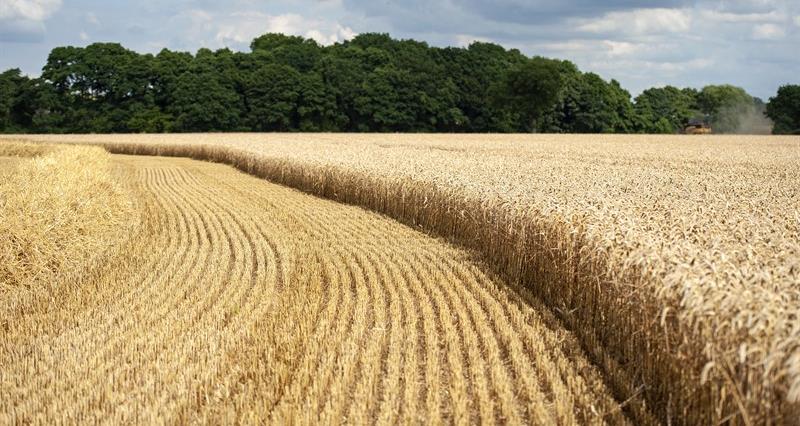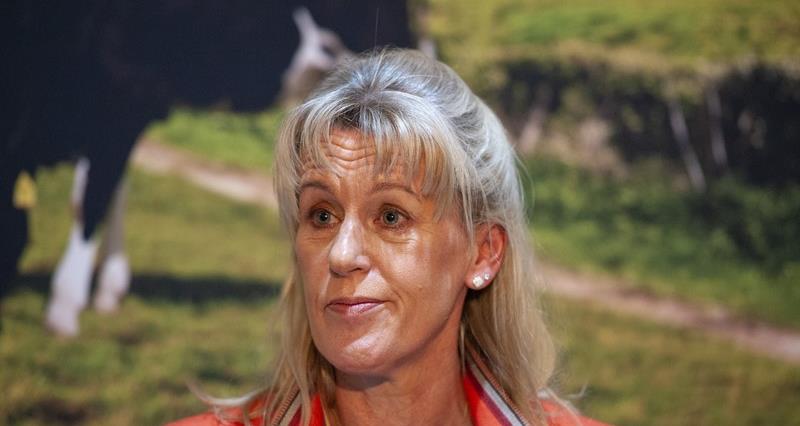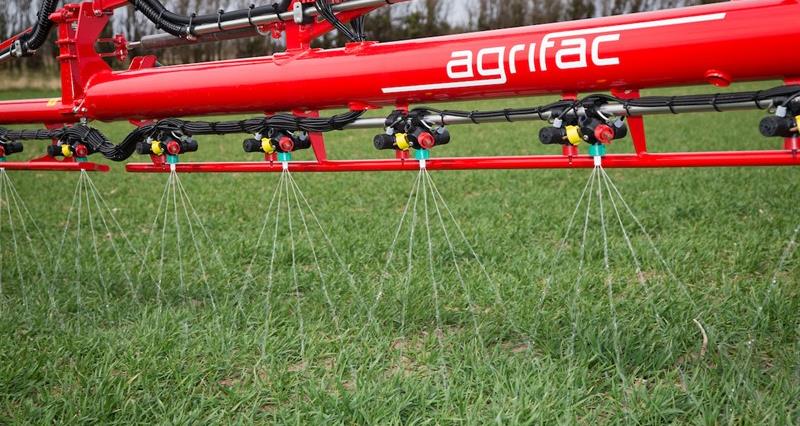In early June the government published its long-awaited . The document briefly covers many aspects of food production and it was positive to see more of a reference to our nation’s food resilience. However, for the arable sector, it was light on detail. And although this was disappointing, I am sure we will revisit the food strategy in the near future as the government adds more flesh to the bones, giving more relevance to the arable sector.
Arable inputs, most importantly fertilisers, would be a priority place for the government to start. The announcement that CF Fertilisers’ Ince site in Cheshire, which has been shut since September 2021, will remain permanently closed, subject to a consultation period, has come as another hammer blow to growers. There is already severe pressure when it comes to price and availability of key fertiliser products.
Impact assessment needed
The Ince site was the single largest domestic producer of true granular NPK and sulphur grades. It employs approximately 280 people, many of whom could now be made redundant. We now need a rapid understanding of what this means for farmers in the longer term given that this is now an issue impacting key crop nutrients – not just nitrogen. The government must undertake an impact assessment from a loss of supply and replacement perspective, so that growers can start to make informed decisions when purchasing new season supplies.
We also need to understand how much, if any, of the lost Ince production can be switched to CF’s other site at Billingham, Teesside. Domestic fertiliser production continues to face challenges in terms of energy and emissions trading cost risks. UK emissions trading regulations currently sit above EU regulations and no doubt far above other major producing nations. The government must take note of this if inward investment in new technology for the whole energy intensive sectors is to be achieved in the journey to net zero.
Price transparencyÂ
It is vital that we continue to ask for transparency in fertiliser pricing – both for domestically produced and imported products. Few market signals have been reaching farm businesses, which is a threat to cost risk management and confidence. Improved transparency is good for producers, distributors, and farmers alike.
Farmers need true medium-term visibility of product availability and price, so we can make proper business decisions for our key input purchases and for the market to function properly, especially when the domestic supply is, in reality, in the hands of one producer.
NFU work
We must also keep making the case for unimpeded access to imported fertilisers, especially urea and liquid UAN, as diverse supplies of nitrogen. Urea, as a key global fertiliser commodity, could and should play a key role in balancing the nitrogen needs of UK growers and producers, and should remain available in all its forms for the foreseeable future.
»ĘĽŇ»ŞČËwill continue to ask and lobby at every opportunity for all of the above, and for the transparency that UK farmers need when purchasing inputs that help to produce the grains and oilseeds needed to meet the requirements of UK consumers.





